Inflation Reduction Act of 2022: What It Means for Your Climate Strategy
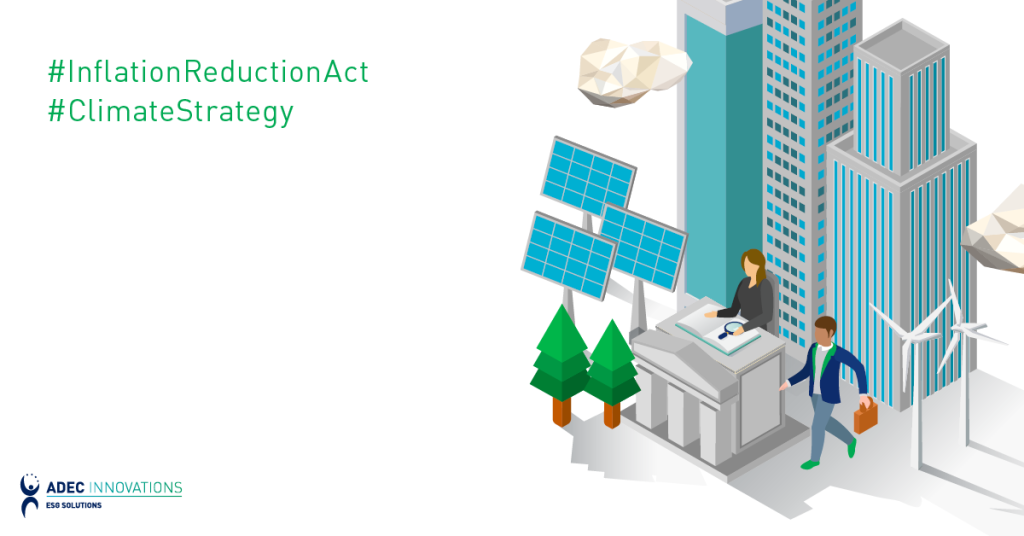
The Inflation Reduction Act of 2022 promises historic investments in building the clean energy economy and reducing emissions. What do these changes mean for businesses like yours, and how does the Act support companies on the path to decarbonization?
Why You Need a Water Risk Assessment
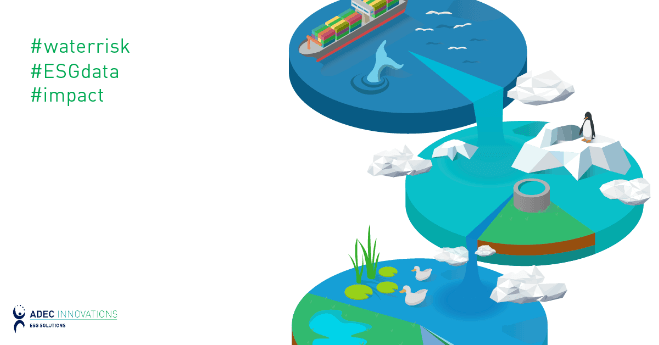
As businesses continue to operate in an era of growing resource scarcity, it’s imperative to understand how climate change will affect operations, supply and value chains, and the local community.
World Environment Day: Time for Nature

On June 5th every year, World Environment Day is celebrated to encourage worldwide awareness and action to protect the environment. This year’s theme is Time for Nature, which calls for urgent action to protect biodiversity.
How Can Oceans, Wetlands, and Other Aquatic Ecosystems Help Tackle Climate Change?

Right now, the entire world has its eye closely fixed on climate change and what the response from countries and corporations will be in the coming years to keep global warming well below 2°C.
The Effects of Global Wildfires
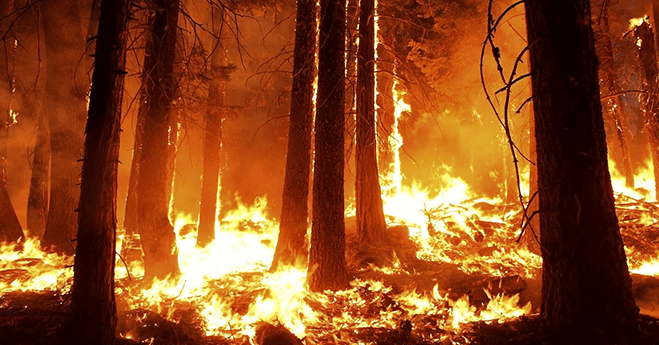
In 2018, California experienced some of the largest wildfires in its history. The evidence is clear that climate change is altering the frequency and extent of wildfires worldwide.
How Global Entities Are Bracing for Climate Change

As an island nation, the Philippines is particularly susceptible to the effects of global climate change, and their example highlights the importance of understanding the long-term environmental and economic benefits of sustainability.
The Philippines and Pathways to Climate Resiliency

Global climate change is heavily disrupting many ecosystems across the world. While some countries fail to acknowledge the importance and urgency of the matter, others are working to prioritize climate change adaptation and resiliency in their policy and planning goals.
ESG Investing and Climate Change
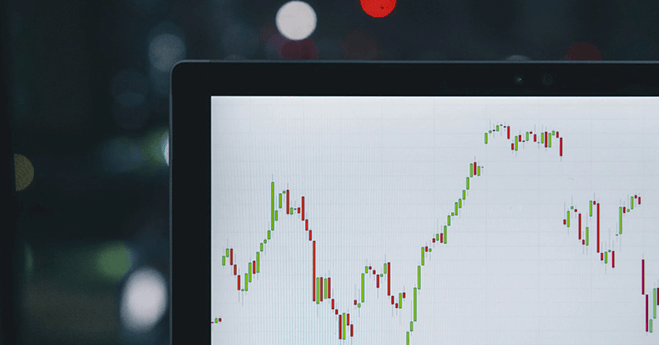
The toll of climate change on businesses is highlighted by research published in a study by the London School of Economics. The study found that the global economy suffers losses up to USD 24 trillion due to climate change.
Climate Change and the Fast-Vanishing Land North of the Arctic Circle
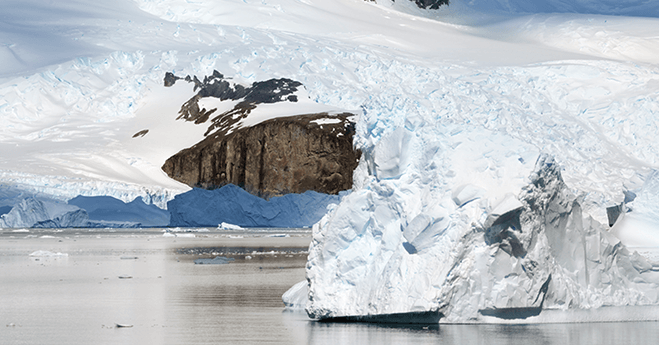
It was in 2000 when I saw cockroaches scurrying around the left-over campfire in Ontario’s Killarney provincial park that I started observing the effects of climate change. I had gone backpacking with my son and sister, and until then, I thought one of the benefits of the cold Canadian winter was that it killed off exotic insects. But that anomaly pales with what I saw this summer north of the Arctic Circle where a warming climate is resulting in a rapid loss of land from several causes simultaneously — namely heat, heavy rains, and shoreline erosion.
Are Natural Disasters Such as Hurricanes the New Normal?

September 2017 will be remembered as the costliest, most devastating and most terrifying natural disaster month in North America. So many hurricanes and earthquakes were happening sequentially and concurrently. This is now the new normal.
Canadian Businesses Tackle Climate Change via the Low-Carbon Economy

Canadian business leaders, normally a stodgy lot, recognize that climate change has to be addressed, and see the opportunities available in the low-carbon economy. In exchange, they are demanding changes from the federal government to remain competitive. This is welcome news.
Policies to End Deforestation and Climate Change in Business Supply Chains

Deforestation and climate change are worldwide problems. If not addressed they can have serious ramifications on businesses.
The Importance of Climate Risk Disclosure for Business

With the effects of climate change becoming increasingly pronounced, disclosure of climate risks is critical for businesses. Failure to make a disclosure can facilitate poor investment decisions, asset losses, and the continuation of trade practices that lead to climate change.
Deforestation in Supply Chains: A Climate Change Challenge to Sustainable Development

Why deforestation is critical to business and the Global Goals Addressing deforestation is critical to business, climate action and sustainable development. The global trade of soy, palm oil, cattle products and timber products (the four forest-risk commodities) is a major contributor of deforestation. If businesses don’t address their presence in supply chains, there will be significant ramifications for their reputation, operations and expenditure.
Forest-Risk Commodities: A Major Cause of Deforestation, Emissions and Climate Change

Climate change and the UN’s Sustainable Development Goals (SDGs) are the new compasses for businesses, says Paul Simpson, CEO of CDP, in a new report called “Revenue at risk: Why addressing deforestation is critical to business success.”
Climate Change and its Effect on the Global Food System

Climate change poses the biggest potential threat to the global economy in 2016.
100% Renewable Energy in the Age of Climate Change
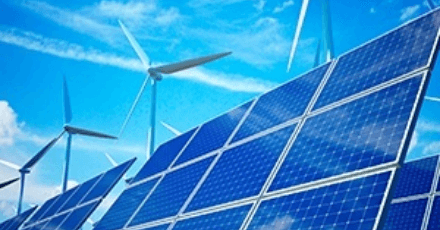
Today’s top companies have a common idea, the dream of being “powered by 100% renewable energy.” In the age of climate change, it can make a company more attractive and trustworthy, an ally in the struggle for a better world.
How Do We Integrate Climate Change into Our Current Business Strategy?

Climate change awareness is growing and companies of all sizes and industries are starting to consider their own impacts. Every company has their own challenges and opportunities, and integrating climate change into your business strategy can help ensure you are systematizing your process to focus on the impacts that are relevant and mitigation strategies that are meaningful and realistic. How can climate change and business strategy work hand-in-hand in this age?
Why Gender Equality is Key to Addressing Climate Change

The Paris Climate Agreement is groundbreaking because it specifically mentions gender equality. So, why is this significant? How do gender and climate change relate to each other?
Climate Change: A Major Threat to Mankind
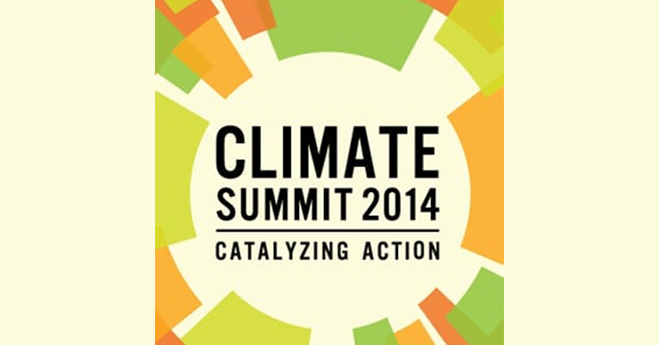
September 22-28, 2014, The Climate Group, an international non-profit organization that promotes a low-carbon future, held the 6th annual Climate Week NYC. This assembly is an international platform for world business leaders, investors, government officials, members of civil society, and environmental advocates to discuss and form resolutions to combat the alarming dangers of climate change. The forum gained a lot of attention this year, as it coincided with the first ever UN Climate Summit, which was attended by some of the world’s most influential leaders.